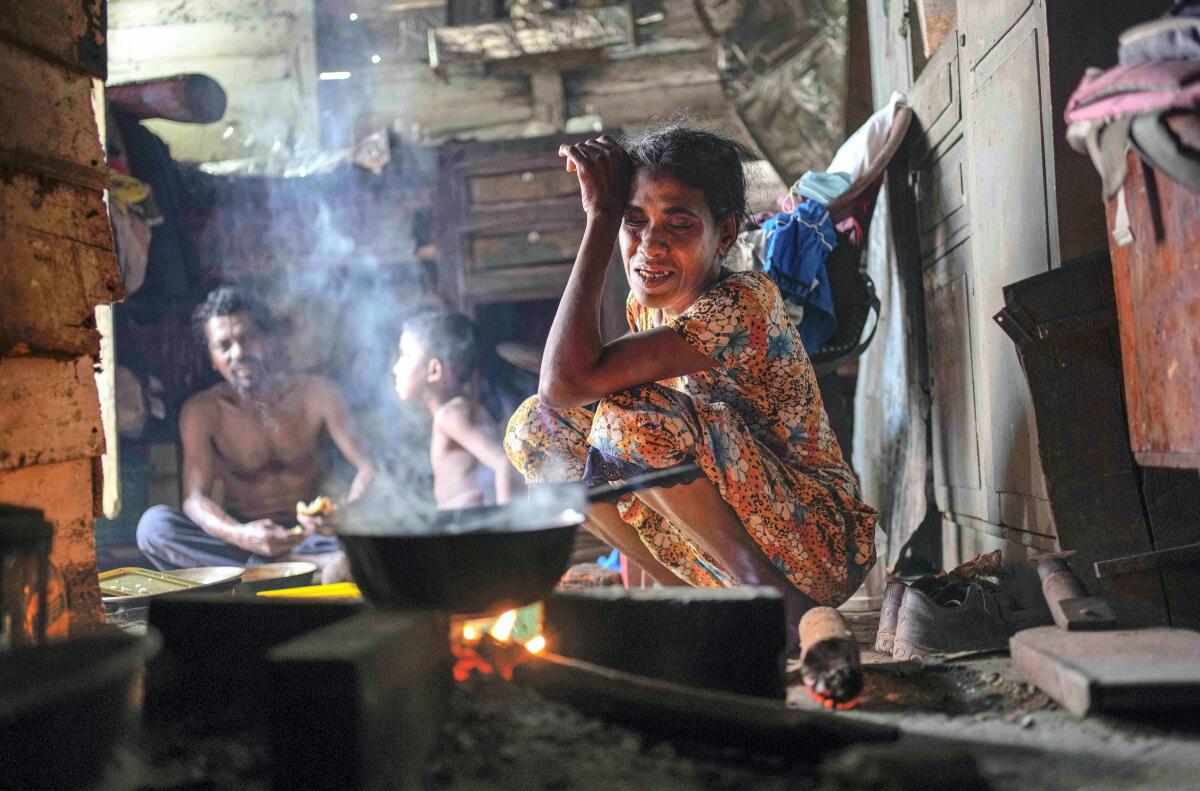
With staggering levels of inflation, shortages of basic necessities, and record levels of people living below the poverty line, Sri Lankan bakers have called on the government for a reprieve through price controls on wheat flour.
The price of bread has increased by five-fold from Rs. 60 for a loaf to a record Rs. 300 whilst the price of wheat flour being priced over Rs 20,000 in the wholesale market. The rising prices have forced over 2,000 bakeries across the country to close their doors.

In part, this is due to the supply chain caused by Russia’s invasion of Ukraine, the devaluation of the Sri Lankan rupee, and a ban on wheat flour exports by India. Whilst Turkey is the cheapest source of wheat flour, the Ukraine conflict has made it difficult to access leading importers to turn to more expensive sources such as Dubai and Oman.
However, Economy Next highlights that although baker associations call for price controls on wheat to reduce their bread prices; they have also engaged in a collusive pricing strategy, coordinating with one another irrespective of the actual costs.
In their reporting, they highlight that “bakers previously set the main price control agency, the Consumer Affairs Authority (CAA) on egg farmers calling for price controls on eggs”.
Sri Lankan poultry farmers have been devastated by a reduced crop yield in maize, import restrictions, and a ban on open account imports. In describing the CAA’s policies of import restrictions and protection on maize, they are detailed as being driven by “a politically powerful collector lobby” known as the “maize mafia”.
These policies have led to many Sri Lankan food products being valued above world market prices to reserve the country’s foreign exchange reserves. This comes as the Food and Agriculture Organization of the United Nations (FAO) and the United Nations World Food Programme (WFP) warned that nearly a third of Sri Lankans, 6.3 million, were facing food insecurity.
